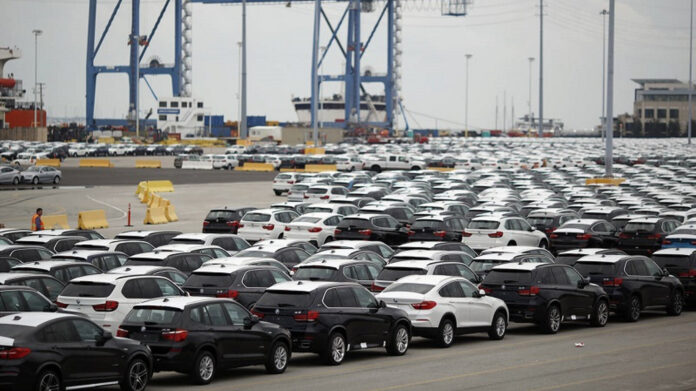The Kenyan government, in collaboration with KEBS, has banned the importation of second-hand vehicles whose first year of registration is before January 1, 2017.
The government stated that this action aligns with the stipulations of clause 2.5 of KS 1515:2000, which outlines the 8-year age limit requirement.
The implementation of this measure is anticipated to commence on January 1st, 2024, impacting returning residents, diplomatic staff, and the general public.
“Vehicles exported to Kenya shall be expected to comply with KS 1515:2000-Kenya Code of Practice for Inspection of Road Vehicles while vehicles from countries where KEBS has an inspection agency,” read a notice on a weekly dated 5th December.
Any cars imported from Japan, UAE, the UK, Thailand, Singapore and South Africa are expected to comply with these new guidelines.
They should be accompanied by a Certificate of Roadworthiness issued by Quality Inspection Services Inc. Japan, who have been contracted by KEBS. Certificates of Roadworthiness for vehicles issued in 2016, will not be valid after December 31st, 2023.
Why there are no KAF, KDF, I and O license plates in Kenya
KEBS asserts that all vehicles with such certificates must arrive at the port of destination or entry by December 31st.
“Any vehicle registered in 2016 or earlier, arriving after December 31, 2023, will be deemed not compliant with KS 1515:2000 and shall be rejected at the importer’s expense.”
According to KEBS, registration of left-hand drive vehicles is permitted only if they serve a special purpose. They include vehicles like ambulances, fire brigades and large construction vehicles imported for specific projects.
The Kenyan second-hand motor vehicle market constitutes 85% of car purchases and dominates with annual import levels reaching 90,000 units.
The enforcement of the 8-year rule affected importers in 2014 when over 2,000 used motor vehicles registered in 2006 were barred fro entry into Kenya.








